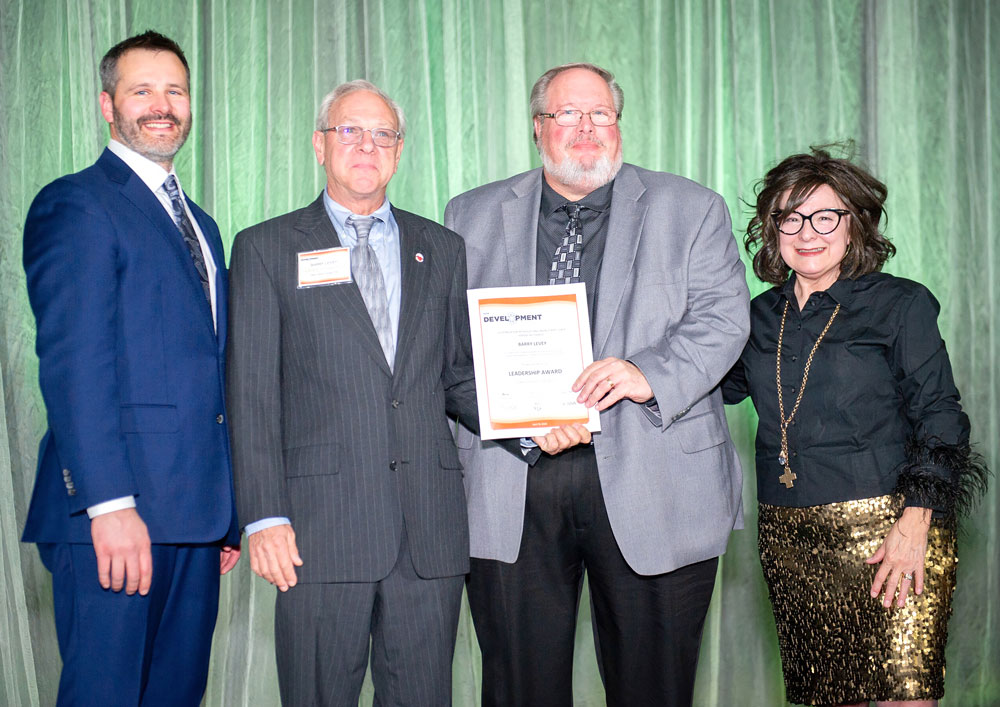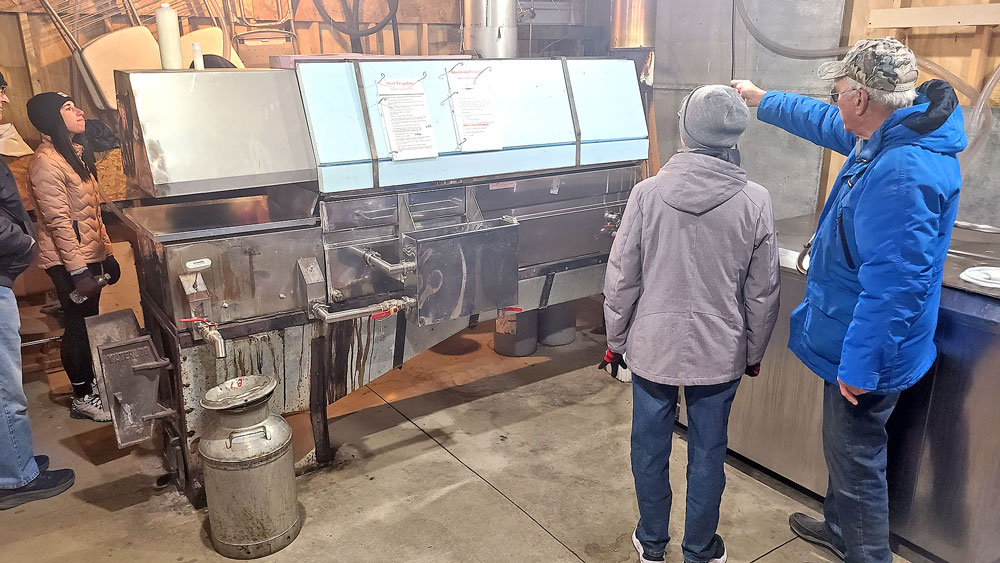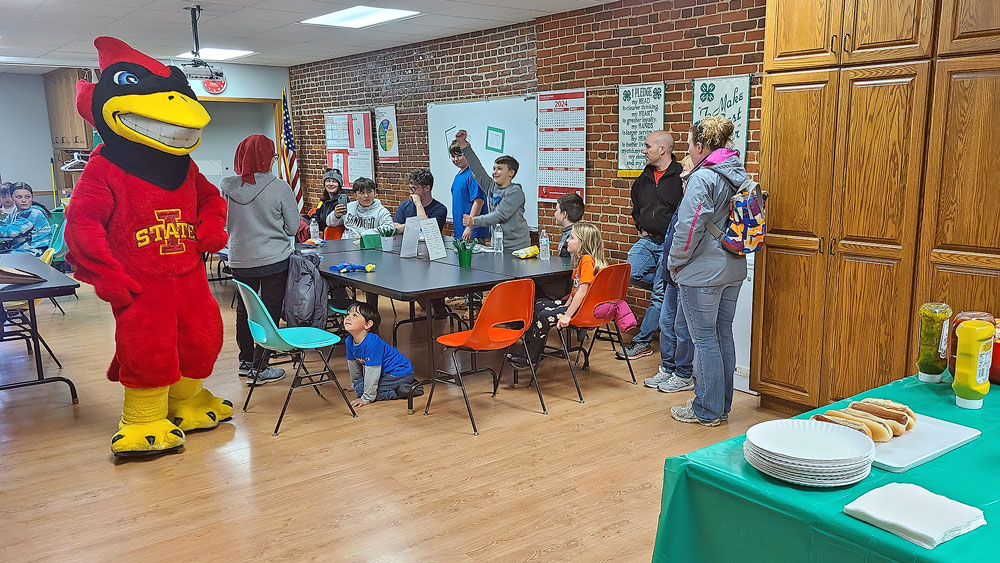GROB: Old friends and new battles
By James Grob, jgrob@charlescitypress.com
“Gangster pass right,” the coach said.
It was the fall of 1985, at Husky Stadium in Oelwein, where my home team was playing varsity football against your tough and pesky visiting Charles City Comets.
We didn’t know it at the time, but the winner of the game was going to end up with a share of the Northeast Iowa Conference championship, while the loser was going to miss out, just barely.

The coach sent the play in with a senior wide receiver, who had worked his behind off in the offseason to earn a starting position. I know this, because I had worked with him all summer, for the same reason. We even quit drinking beer for a while, for football season, we were that dedicated.
“Gangster pass right,” the receiver repeated in the huddle. “On two.”
He knew he was calling his own number. The play was a quick slant pass to him.
The ball was snapped and the receiver found himself wide open. It was the right play at the right time. Our quarterback stepped and delivered the pass — a little high, a little hard. The wide receiver reached, and although he was able to get both hands on the ball, it was a tough one to hang on to. It dropped incomplete.
Incidentally, the wide receiver was my best friend and the coach was my dad. Neither of those things are of vital importance to the story, but I believe in full disclosure.
He hung his head and walked back to the sideline, mentally kicking himself for failing to execute what would have been a big play.
One play later, my friend the wide receiver sidled up to Coach again, a little sheepishly, because he knew he’d screwed up the play before.
“Gangster pass right,” Coach said. “And catch the (expletive) ball.”
Yes, there was a curse word in there. I won’t print it in a family newspaper, but you can imagine what it was. Back in the day, it was not unusual for a coach to occasionally use a curse word. That’s the way we talked in Oelwein then, and that’s the way we listened. Somehow, the world did not implode.
I’m not advocating using that kind of language, anywhere, I’m just acknowledging that it wasn’t uncommon then, everywhere, even on a high school football field. And honestly, if you think that language is uncommon now, I’ve got some property in Michigan to sell you.
In this case, the language was used to accentuate the message. What was the message?
Catch the ball.
Coach didn’t browbeat my friend, or try to humiliate him for screwing up the play before. He knew my friend was already disappointed in himself.
Instead, he gave him another chance.
A lot of good coaches might have said nothing. A few lousy coaches might have said, “Don’t drop the ball,” which is always the wrong thing to say. It puts additional negative pressure on a kid who is already feeling negative about himself.
When you tell a football player not to fumble, you can be sure that sooner or later, he’s going to fumble. And you’re the one who reminded him that fumbling was one possible option.
So the message wasn’t “don’t drop the ball again.” The message was “catch the ball.” The curse word ensured that the message would be heard.
It worked. My friend did catch the (expletive) ball, cleanly, and rambled down the field for a first down and a huge gain. My friend had some speed.
Ultimately, it didn’t much matter. We still lost the game to those tough and pesky Charles City Comets. That play didn’t make a difference in the outcome.
But it did make a difference to my friend.
Ten, 20, 30 years later — my friend still told that story, of what Coach said to him, how it impacted him, and how he responded, in that one little moment. He is now very successful in business, and he and his wife have raised a wonderful family, and he’s used that story during motivational-type speeches to his business peers as an example of the power of positive thinking.
It doesn’t matter if you screwed up before. Forget it. What matters is how you respond to it now. Here’s another chance to succeed.
Catch the ball. Just catch the (gosh-darn) ball.
He took that message to heart, and used it as an analogy as he forged through life.
My old friend lives many miles away now, and he’s having a tough time. He just found out yesterday that he has cancer.
I don’t know any details yet, don’t know what stage, don’t know what treatments he’s going to have to endure. I’ve gone through some of what he’s going through, and I’ve gone through some of what he’s about to go through. I’ve seen way too many of my friends go through it, too. We all have.
God, I hate cancer. Words cannot express how much I hate cancer — not even curse words.
I just had lunch with my old friend last week, where I met one of his amazingly lovely daughters. He was worried about the upcoming procedure, worried that there might be cancer. I assured him that I knew it wasn’t, it couldn’t be — because that’s what old friends say to old friends.
When I learned I was wrong this morning, I thought of this old football story. I thought of a lot of other stories, too, but this memory stuck in my mind. This memory put tears in my eyes.
There’s adversity. Then there’s how we handle that adversity.
I know my friend is going to handle it well. I’m going to pray and cheer for him, the way he prayed and cheered for me.
There’s going to be pain and triumph in the days ahead, good news and bad news. Tears and laughter, love and anger, and lots of love again.
Life will change in ways none of us can imagine, but change can also mean a another chance.
You’ll know it when you see it, and when you see it, take it.
And catch the ball, old friend. Catch that doggone ball.









Social Share